Pakistan pays for first shipment of Russian oil in yuan
Pakistan has paid for its first import of discounted Russian crude oil in China's yuan, marking a significant shift in the South Asian country's policy of paying for exports in US dollars, and opening a new chapter in the bilateral relations between Islamabad and Moscow.
The government-to-government (G2G) purchase of Russian oil was 100,000 tonnes and "payment was made in RMB”, Pakistan's oil minister Musadik Malik said on Tuesday, without disclosing the commercial details of the deal, including pricing or the discount that Pakistan received.
The first shipment of Russian oil, arranged under a deal struck between Islamabad and Moscow earlier this year, arrived at the port of Karachi in the south of the country on Sunday.
Pakistan's purchase gives Moscow a new opportunity to add to growing sales to India and China, as it redirects oil from Western markets to the Eastern ones because of the Ukraine war.
"This is normal trade cooperation between Pakistan and Russia and within the scope of their sovereignty," China's Foreign Ministry said.
"As a matter of principle, we are open to the settlement of crude oil trade in RMB," the ministry said.
Large amounts of oil paid for in non-US currencies at discounted prices come at a crucial time for Pakistan, which is suffering from a balance of payments problem that puts the country at risk of defaulting on its foreign debts.
The foreign exchange reserves of the Central Bank of Pakistan are currently only sufficient to cover one month of controlled imports. Energy imports constitute a major part of Pakistan's foreign payments.
Pakistan currently imports most of its oil from Saudi Arabia and the UAE and pays for it in US dollars. However, the oil minister noted that moving forward, “We’re looking to target one-third of our total oil imports at the Russian crude,” roughly 100,000 barrels per day.
New chapter in bilateral relations
After receiving the first shipment of Russian oil, Prime Minister Shahbaz Sharif announced that it was the beginning of a "new relationship between Pakistan and the Russian Federation".
“Today is a transformative day. We are moving one step at a time toward prosperity, economic growth, energy security, and affordability. I commend all those who remained part of this national endeavor and contributed to translating the promise of Russian oil import into reality,” the prime minister added.
Earlier this month, Pakistan announced a barter trade agreement with Russia, Iran, and Afghanistan in an effort to ease the growing pressure on its already depleted foreign reserves.
The exchange mechanism allows crude oil, liquefied natural gas (LNG), liquefied petroleum gas (LPG), wheat, iron, and steel to be imported from Russia, while coal, crude oil, LNG and LPG, fruits, nuts, and vegetables are allowed to be imported from Iran.
Despite its status as a longtime ally of the United States, Pakistan is forging closer ties with Russia. In the 1980s, during the Soviet occupation of Afghanistan, Pakistan provided strategic depth for CIA-backed militias to attack Soviet forces. Pakistan's intelligence agency, ISI, worked on behalf of the CIA to establish, finance, and arm Mujahideen groups as part of a policy to bleed the Soviet military.
Although Russia and Pakistan were enemies during the Cold War, both countries showed a willingness to overcome historical differences.
Russian Foreign Minister Sergei Lavrov today released a video statement emphasizing the desire to expand cooperation with Pakistan.
“We are aware of the profound interest and respect the Pakistani people hold for Russia and President Vladimir Putin. We greatly appreciate it,” stated the Russian foreign minister in his address.
“Nowadays, our relations are advanced and based on trust. They are founded on the concurrence or proximity of approaches to the key issues of the international agenda. Together with our Pakistani partners, we stand for shaping a more just and democratic multipolar world order,” he added.
VIDEO | 85% of Yemeni displaced people face daily hunger crisis
US House passes bill targeting charities and pro-Palestine groups
VIDEO | Supporting Gaza genocide
Hezbollah attacks Israeli forces after Lebanese homes blown up
World leaders, states hail ICC arrest warrants for Netanyahu, Gallant
MP: US accountable for possible Israeli 'foolishness' to attack Iraq
VIDEO | Israeli policies strangle Palestinian agriculture, economy
Iran's president offers condolences to Pakistan over terrorist attack


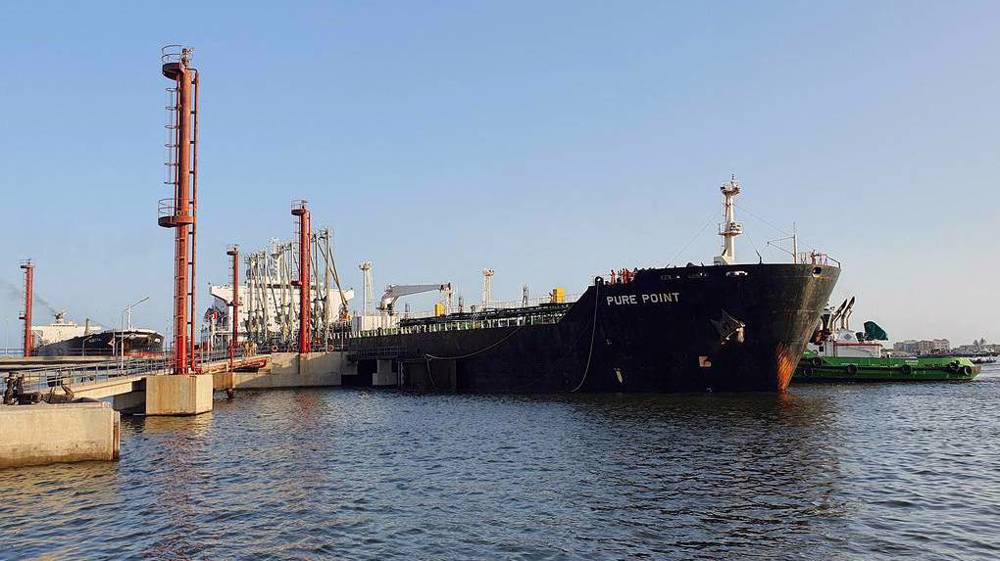
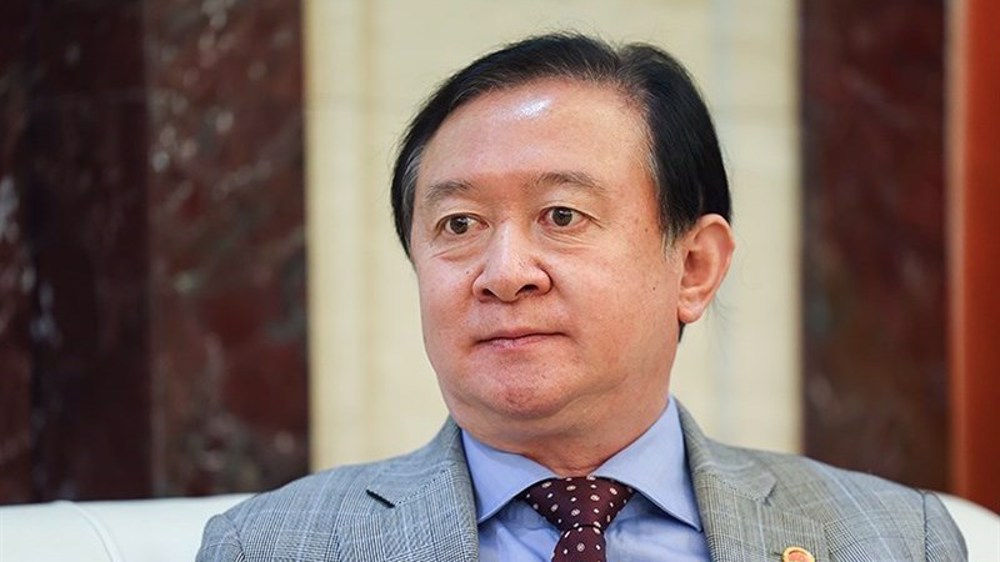
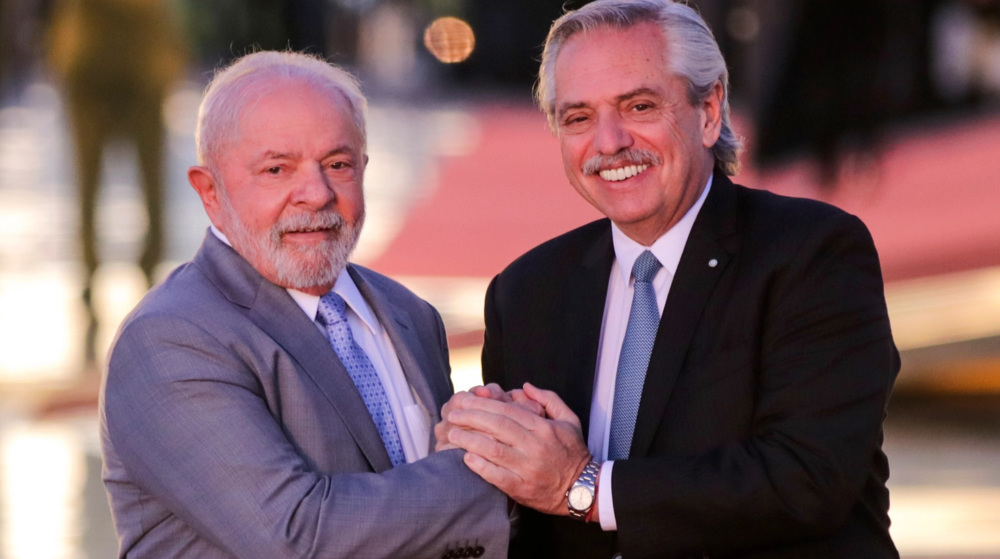

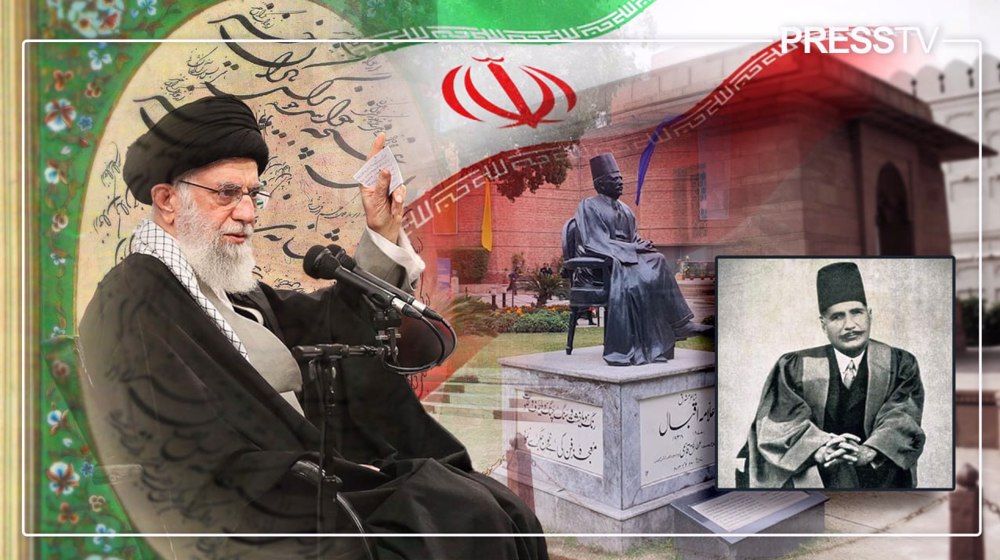
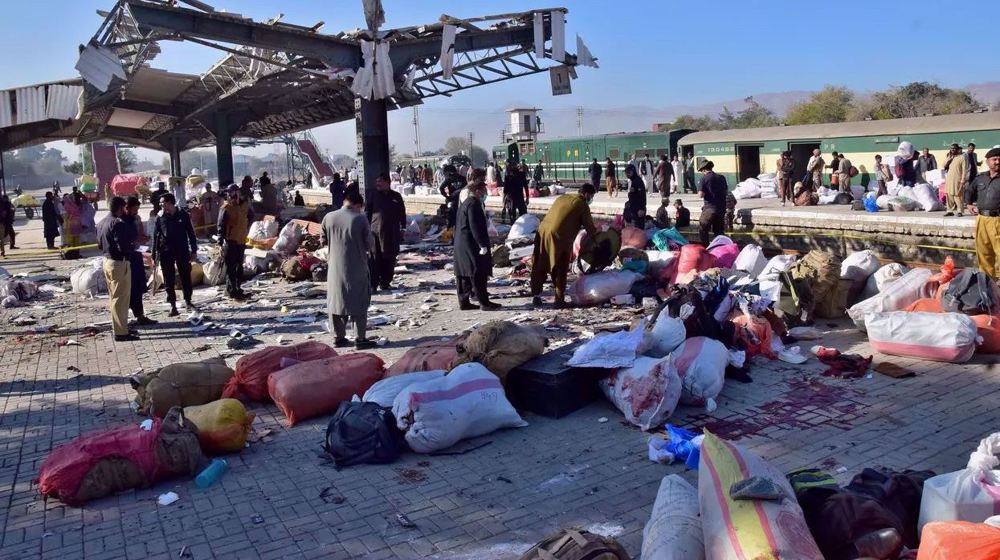



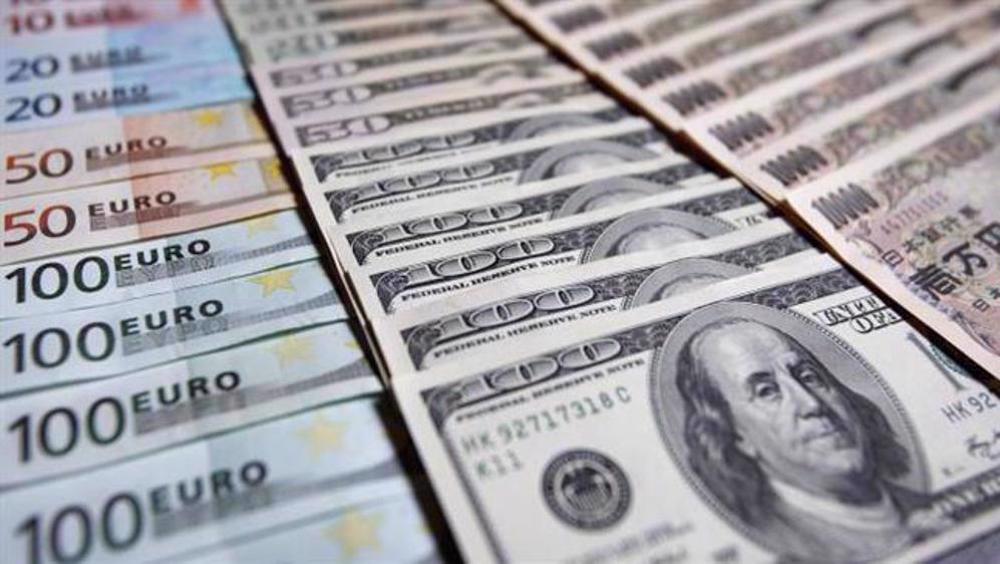


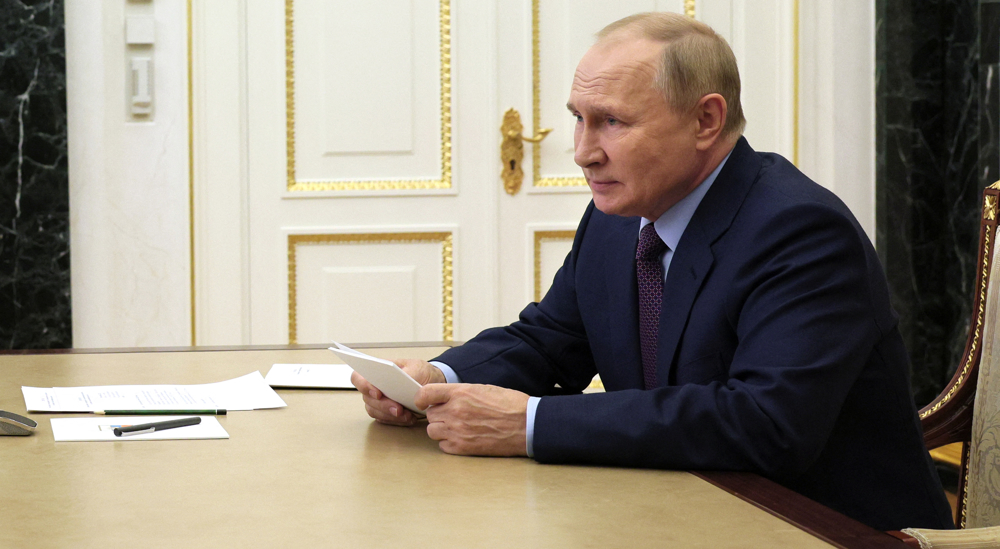

 This makes it easy to access the Press TV website
This makes it easy to access the Press TV website